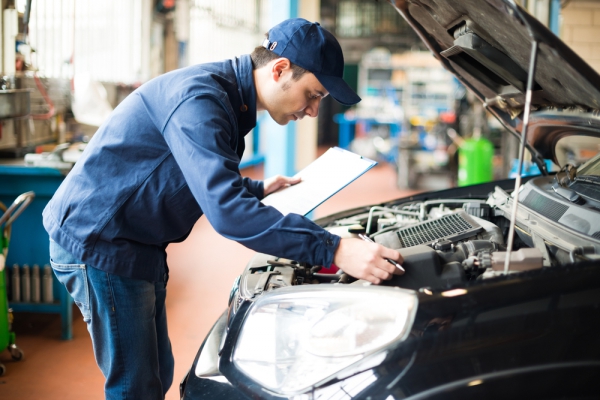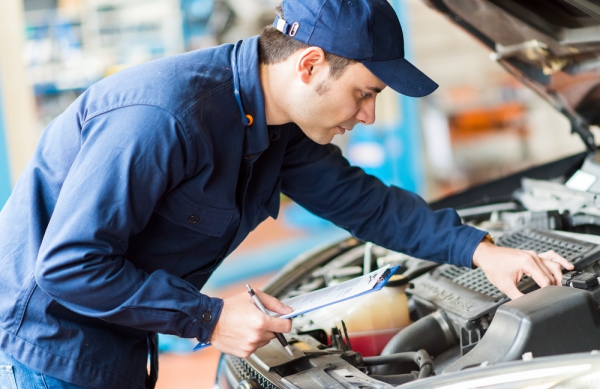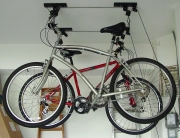Do Not Forget Pre Purchase Inspection Before Buying a Used Car
Contributed by Mike Warner
A car has become almost indispensable in our modern lives. With most of us leading hectic lives, we rarely have any time for either ourselves or to wait for public transport. Traveling by private car is often fast and more comfortable.
So, most of us today own a car, whether brand new or a second hand model. While many are of the opinion that second hand cars are a nuisance and end up costing more in maintenance and servicing, the truth is that not all of us can afford a hefty down payment or large monthly note to buy a new car. Also, there are some used cars which are almost new or are better maintained than others. Such used cars can provide great services at affordable running costs. As we all know, these come at a much lesser price than a brand new car.
But, before buying a used car, it is a wise idea to make sure that the vehicle is in good condition. Otherwise, be prepared to go beyond your budget on servicing and repairs.

What is a Pre-Purchase Inspection?
Before buying a used car, it is crucial to check the present condition of the car. This is generally what is referred to as a pre-purchase inspection. Buyers have the right to know about the vehicle that they wish to buy, and such inspections provide a detailed view into the existing condition of the car. Since even a used car can cost quite a lot of money, it is better to entrust the job of performing a pre-purchase inspection to an expert professional mechanic. Only he or she can look thoroughly into the vehicle and locate defects, if any.

How are Pre-Purchase Inspections Performed by the Mechanics?
There are many things that you can check in a vehicle to complete the process of pre purchase inspections. Listed below are some mandatory checks:
- Brakes – Brakes are very important safety parameters for you, your family and your car. So, brake checks are mandatory in inspection procedures prior to purchase. Whether the vehicle brakes in a solid line or gives out grinding noises determines the health of the brakes of the vehicle.
- Body – Mechanics check for dents, rusts and panels that do not properly line up. Such panels indicate cheap repairs after accidents and degrade the looks of the car. Dents are not much trouble, but rusts can pose a bigger problem. A flawlessly painted used car can arouse suspicion in the mechanic performing the inspection, because in many cases the new paint indicates rusts underneath.
- Tires and Suspension – Mechanics take the car out for a test drive to check the suspension, shock and tires. They check to determine whether the tires leak air, or if there is uneven wear and tear due to alignment problems.
- Lights – It is very important to check out the lights because these are a direct indicator of the overall electrical condition of the car. If the lights are flickering or dimming, then it means that there is some problem in it. The headlights, brake lights, high beams, interior lights and turn signals are thoroughly checked for any such issues.
- Instrument Cluster – The odometer, tachometer and speedometer are carefully checked during the inspection, as repairing them later can get quite expensive. Also, if any warning is flashed in the panel, it is better not to buy that car.
- Air Conditioner – If the used car comes equipped with an HVAC, then the mechanic checks whether cool air comes out of the vents, the fans rotate at all speeds and if the compressor functions without making too much noise.
Hope you like above mentioned information about Pre Purchase Inspections! You can find more useful information here.







Leave A Comment